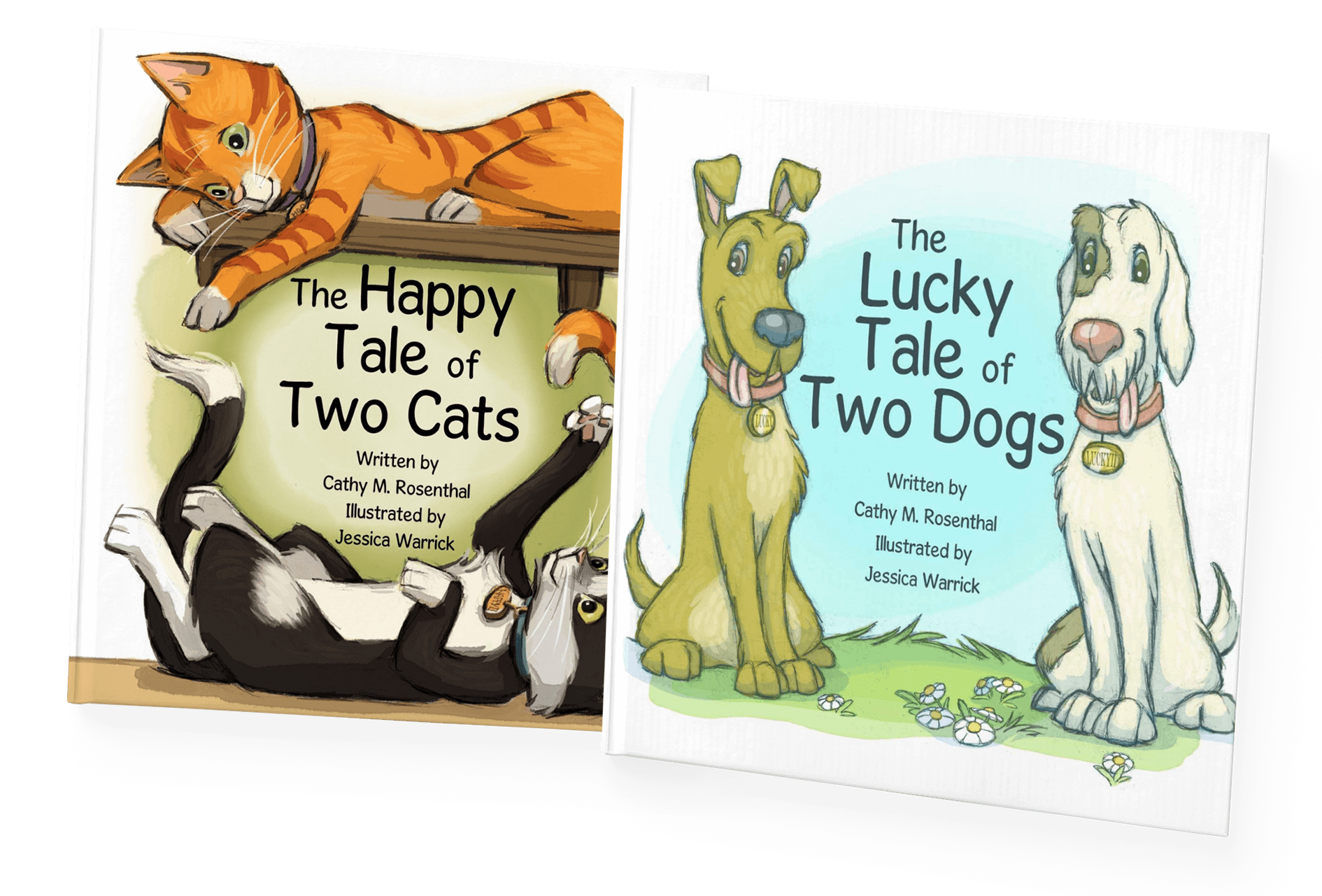The very first test on dogs to see how they perceived fairness was conducted and much like primates, the results, reported in the December 8, Proceedings of the National Academy of Sciences, showed that dogs had a real sense of what humans would call “fair play.”

Researchers asked a dog to shake a paw. The dog would perform the task equally with or without treats. But if a second canine friend was brought in and given treats for the same trick, while the first dog didn’t get food rewards for repeated handshakes, the first dog would eventually refuse to shake hands. Like a little kid who sees his brother get ice cream, this dog wanted the same treats for tricks reward given to his canine friend. The first dog even turns away from the human when asked for a paw, clearly showing his displeasure at the unlevel playing field. However, if both dogs were not given treats, then the first dog would perform the trick for longer, indicating the dog wasn’t just objecting to his own lack of compensation, but the obvious compensation given to the other dog.
Ironically, the quality of the compensation didn’t play a factor. When the first dog received bread as a reward and the second dog got sausage, the first dog didn’t protest his friend’s reward upgrade. While kids would get the difference between an ice cream cone and broccoli — and protest loudly — it appears that dogs simply don’t like it when humans play favorites by rewarding one dog over the other, regardless of what the reward might be.
Dogs are like kids, but not in every way.



